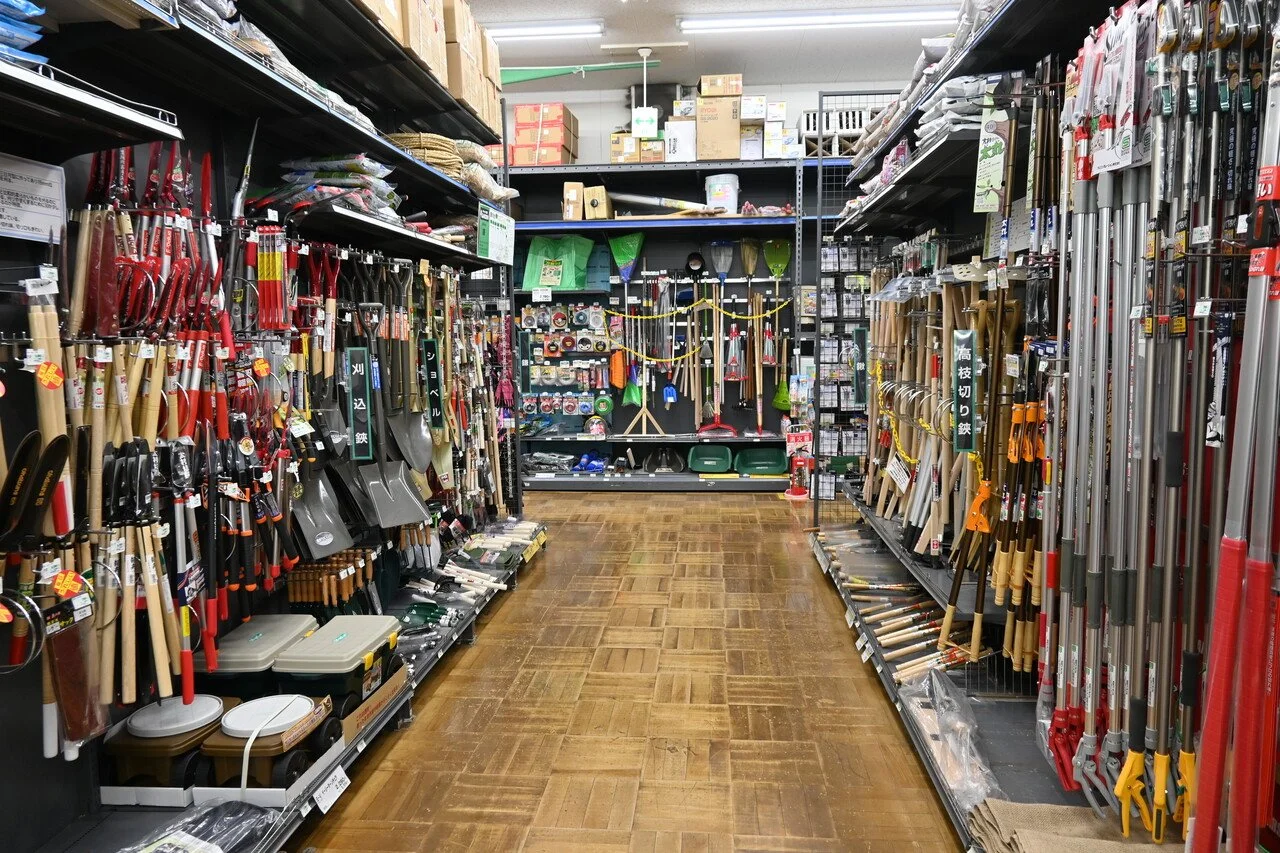My Family Business Story: What My Parents’ Hardware Store Taught Me About Teamwork, Tension, and Tools
I was just a kid standing in the narrow aisles of my family’s hardware store in Johannesburg, South Africa, but I remember it like it was yesterday. The smell of metal, packing materials and wood. The hum of conversation in French, , and eventually broken English. That store was more than a business—it was the center of our universe.
My parents had immigrated from the French-speaking Zaire, now DRC, and didn’t speak a word of English when they arrived. But they were resourceful. Determined. My father bought the hardware store from its original owner on his deathbed—literally. By day, they ran the store. By night, they took English lessons. That’s how committed they were to building a new life and a sustainable business.
Over the next decade, that tiny storefront grew into a thriving operation. We expanded into a two-story building with bathroom showrooms and a loyal customer base of general contractors, plumbers, and homeowners. My father was a natural networker—exuberant, full of ideas, always out in the field meeting customers and solving problems. My mother was the steady hand—keeping track of inventory, managing the books, and running the showroom floor. Together, they were a powerhouse.
But behind the counter, not everything ran smoothly.
The Cracks in the System
One of the flashpoints I remember most vividly was inventory time. My father hated it. To him, counting every joint, faucet, pipe, and porcelain sink felt like a waste of his energy. “Why am I here when I could be closing deals?” he would grumble.
My mother, on the other hand, was frustrated by the inaccuracies. She needed clean data to reconcile with the new IBM computer system — remember those punch cards? — and sloppy counts only made her job harder. Tensions rose, arguments sparked, and what should have been a routine business process became a recurring source of stress.
The Right People, in the Right Seats
Looking back now, I realize they were running on grit and heart—but without structure. They didn’t have the tools I use every day with family businesses I coach.
If they had something like the Accountability Chart, they could have clearly defined roles and responsibilities. Inventory is an operational function, not a sales one. Asking the sales team (in this case, my dad) to lead the process was never going to be efficient—or enjoyable.
They also didn’t have IDS: the simple but powerful Issue-Solving Track from EOS®. Identify. Discuss. Solve. It would have allowed them to pause and ask: “What’s the real issue? Who is best equipped to handle this? What are our options? Should we outsource? Restructure?”
Instead, they did what many family businesses do—they powered through, relying on intuition, compromise, and the occasional shouting match.
A Better Way Forward
That hardware store was my first classroom. It taught me what’s possible when two people with complementary strengths build something from nothing. But it also showed me the toll it can take when clarity, structure, and communication are missing.
Family businesses don’t have to live in the weeds or constantly bump heads. With the right tools—and sometimes an outside coach—you can create shared vision, role clarity, and a system for solving issues before they spiral.
If my parents had been introduced to a few of the tools I use with clients today, I think their lives would’ve been a little less stressful—and their partnership even stronger.
And maybe inventory time wouldn’t have required quite so many deep breaths.
Ready to unlock the power of your family business? Let’s talk.


